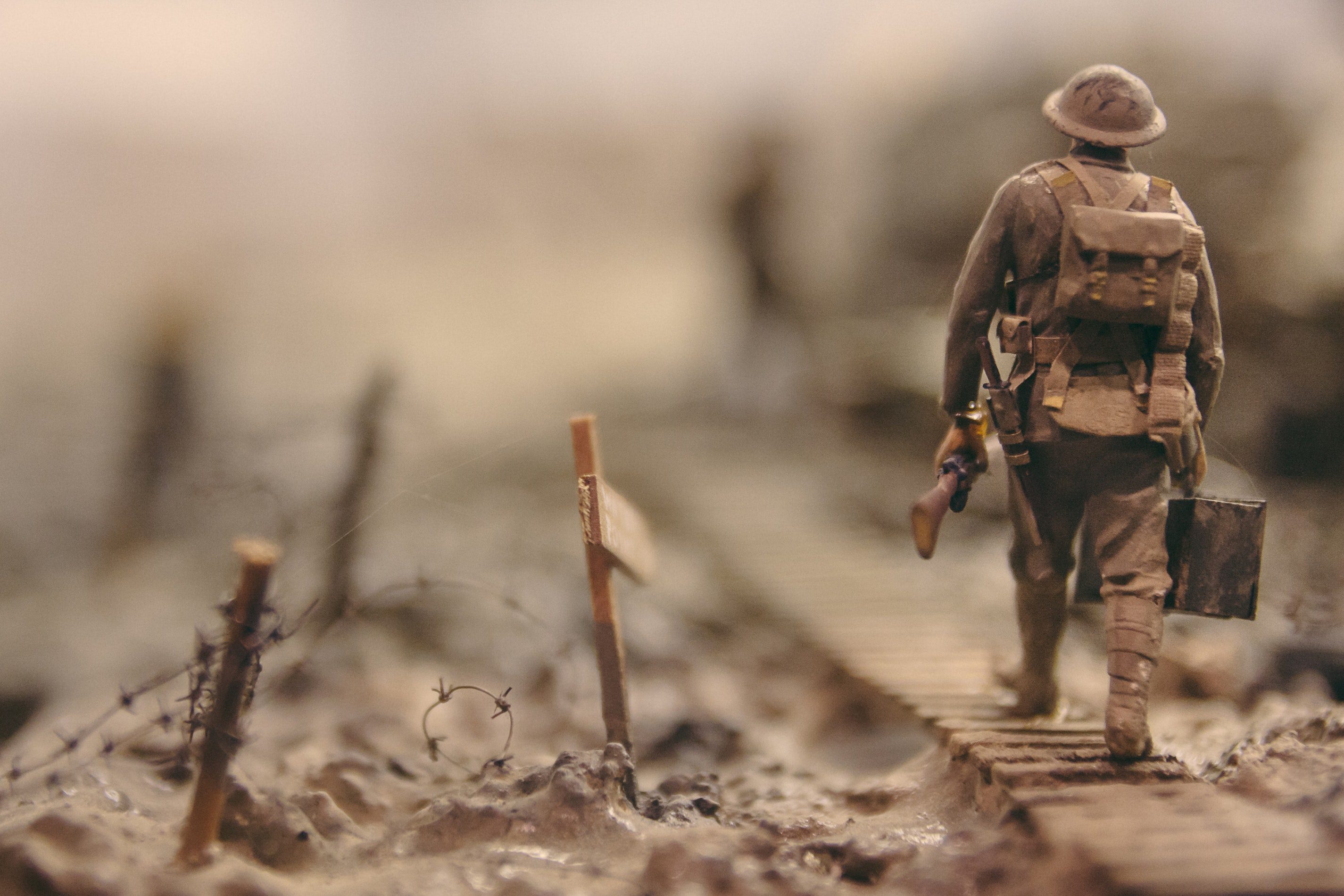The conundrum facing justice in the Central African Republic (CAR) was well summed up by Jean Pierre Waboe, Vice-president of the country’s Constitutional Court, whom I interviewed:
In a situation whereby the state does not exist, injustice becomes the norm. Anybody can set about doing anything.
The breakdown of state control since the resurgence of conflict in 2013 has had drastic consequences for the possibility of any forms of governance—political, economic or legal in CAR.
Under these circumstances, the need for “justice” has become more crucial. For Waboe, however, the problem of justice in the country is that it’s seen as too formal, too distant, too complex, and too slow to respond to what’s needed. For justice to work, a country needs a judiciary system that’s functioning, legitimate and credible. And that can deliver justice that’s immediate, operative and helps populations to reconnect torn relationships. A justice that, for him, can “dry tears”.
The question that keeps getting asked is: what justice is possible in a climate of impunity? And indeed in times of war.
The CAR’s Special Criminal Court is the site of protracted struggle over the meaning, and the feasibility of justice. In the absence of a functioning judicial system, the establishment of a tribunal in 2015 was an unprecedented initiative. Yet, the precarious conditions of its existence make it a promise that teeters on the edge of collapse.
The special court is something of an experiment. Unlike previous ad hoc tribunals such as Yugoslavia and Rwanda, it isn’t meant to constitute an alternative or competitor to the International Criminal Court (ICC). Rather, it’s role is to complement the ICC’s ongoing investigations into alleged war crimes and crimes against humanity. If successful, the hope is that it could become a model of shared prosecuting authority across domestic and international judicial regimes for grave crimes.
Fraught with difficulties
The mandate of the court is to prosecute crimes committed since 2003 including rape and sexual violence, widespread crimes, and material destruction. Human Rights Watch found that some of the most egregious and brutal crimes have been committed since the breakout of the civil war in 2013. And yet, no form of justice has been offered and no one prosecuted.
The temporary nature of the special court’s mandate sits at odds with the fact that violence is ongoing. In the provinces outside of Bangui and the South West, a plethora of armed groups offer “protection” one day, the next they repress. They raze villages, extract rare minerals, levy tax, loot humanitarian supplies, kidnap people for ransom, set up racket schemes and impose tolls to trucks and people.
Many scholars view special courts as part of the liberal peacebuilding treatment package and in that sense a part of a broader agenda of social transformation of post-conflict societies.
But the CAR’s current volatile conditions render the very administration of justice a dangerous endeavor. Judges and witnesses have to be protected; the domestic judiciary personnel lacks experience in investigating crimes against humanity and the judiciary system itself is vulnerable to “instrumentalization”, that is its misuse for political or other ends. Deterring fighters from committing grave crimes or recidivists from committing further crimes is one thing. Restoring confidence, trust and respect for the justice system is another. How are ordinary people to respond when it’s clear that the assessment of crimes happens against a backdrop of entrenched hierarchies based on ethnicity, political and religious affiliation, and economic capacity?
There are a host of additional problems too. For instance, the recruitment of young people into armed groups has gone unabated. According to the United Nations’ Children and Armed Conflict report, the number of young recruits quadrupled in 2017 relatively to 2016.
The reality is that, for victims, the promise of justice is a spectrum that carries both risks and possibilities.
The court, for instance, regulates the forms, spaces, styles and even the emotional structure of victim testimony. And the convention of legal proceedings – the use of codified language and formal rules of presentation and evidence for example – leave victims, most of whom are illiterate, further marginalized.
A further complication is that war criminals seem to have little to fear from United Nations forces given the latter’s limited mandate. Besides, atrocities have been committed by all parties involved. The acquittal of Jean Pierre Bemba by the ICC remains a great puzzle for those that have witnessed the atrocities committed by his troops in CAR.
This poses the question of the criteria and line of priority that are to guide future prosecutions.
The Alternatives
Is there an alternative to lengthy and costly procedures and imprisonment? For Walidou, a legal scholar who has taught at the University of Bangui for many years, there is:
Give to each [former fighter] a modest income, a decent uniform and integrate them in an auxiliary unit to calm them down and they will leave armed groups.
For Walidou, by taking back youngsters, the state can gather information on logistics, the circulation of weapons, the exploitation of resources, the means of supply to armed groups, and other information that it currently doesn’t have.
The imperative for a justice that restores what has been broken, and the need to make examples of perpetrators who have been captured, can pull in different directions. In fact, they run the risk of canceling out each other.
What this points to is the need to better understand the sociology of the conflict, to assess the role of justice in relation to the peace process and to reconstruction more generally. This could, for example, mean considering the role of amnesty and moratoria as well as non-legal mechanisms in national reconciliation.![]()
Amy Niang is Visiting Professor at the University of Sao Paulo and Senior Lecturer in International Relations at the University of the Witwatersrand. First appeared in The Conversation.

